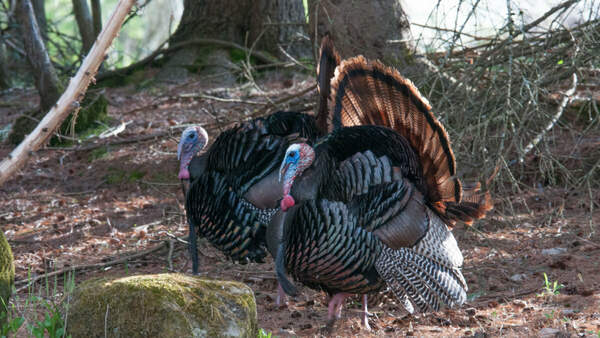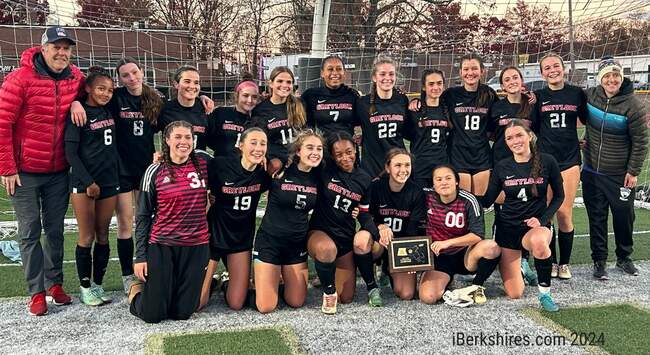
Medical Matters Weekly Welcomes American Nurses Credentialing Center Executive
BENNINGTON, Vt. — Southwestern Vermont Health Care's (SVHC) Medical Matters Weekly with Dr. Trey Dobson—a weekly interactive, multiplatform medical-themed talk show—will feature Rebecca Graystone, MS, MBA, RN, NE-BC, the vice president of the Magnet Recognition® and Pathway to Excellence® Programs, on its Sept. 29 program.
The show will air at 1 p.m. The American Nurses Credentialing Center's (ANCC) Magnet program is an internationally renowned credentialing program that recognizes health care organizations that promote nursing excellence and quality patient outcomes while providing safe, positive work environments. Graystone will share what makes Magnet hospitals different from conventional ones.
After the program, the video will be available on area public access television stations. On CAT-TV, viewers will find the show on channel 1075 at 7:30 p.m. Sunday, 1:30 p.m. Monday, 8:30 a.m. Tuesday, 7:30 a.m. Wednesday, 7:30 p.m. Thursday, 7:30 a.m. Friday, and 7 p.m. Saturday. GNAT-TV's Comcast channel 1074 airs the program at 8 a.m. Monday, 9 p.m. Wednesday, and 1 p.m. Saturday.
Graystone has more than 26 years of acute care nursing practice and leadership experience and has been with ANCC since 2012. During her tenure, she has managed the day-to-day operations of the Magnet Recognition Program and provided content expertise and analysis to applicants, commissioners, appraisers, Magnet organizations, Magnet Program, and ANCC office staff. She has also presented extensively on Magnet and nursing excellence topics and teaches numerous program-guidance courses. Under her direction, the 2018 ANCC National Magnet Conference® became the largest attended nursing conference in the U.S.
Graystone is a baccalaureate-prepared nurse and received a master's in Health Care Administration and master's in business administration from the University of Maryland, University College. She has a certificate in Health Care Management from Georgetown University and is board certified as a nurse executive. She is currently a PhD student with a concentration in Health Sciences and Health Care Administration.
Upcoming guests include:
-
12 p.m. Wednesday, October 6: Kimberley Sampson, MD, of SVMC OB/GYN will provide information about obesity medicine, obstetrics, and gynecology.
-
12 p.m. Wednesday, October 18: Vanessa Britto, MD, the associate vice president for Campus Life and executive director of Health and Wellness at Brown University in Rhode Island, will discuss the university's pioneering role in mandating vaccines.
To contribute questions in advance of each week's show, please e-mail wellness@svhealthcare.org or post to Facebook with #SVHCMedicalMattersWeekly.
Tags: svhc, SVMC,


























